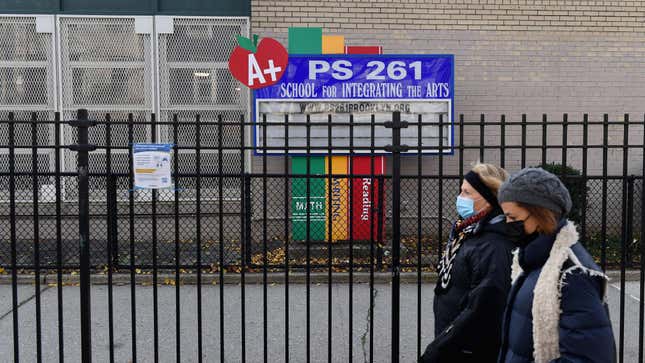You Ever Think About How It’s Called Covid-19 Because It Was First Identified in 2019
Just realizing stuff and realizing things as we round out the second year of the coronavirus pandemic.
EntertainmentEntertainment

Not to “stoned freshman who just realized the colors YOU! see may not be the colors I! see, man…” post on main, but do you ever just think about how the disease caused by the novel coronavirus is called “covid-19″ because it was first identified in the year 2019?
Because I do.
Sometimes.
-

-

-

-

-

-

-

-

-

-

-

-

-

-

-

-

-

-

-

-

-

-

-

-

-

-

-

-

-

-

-

-

-

-

-

-

-

-

-

-








































